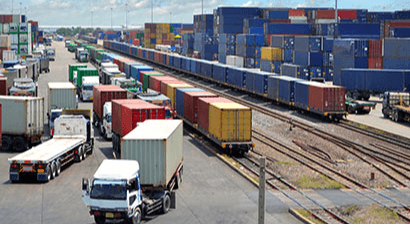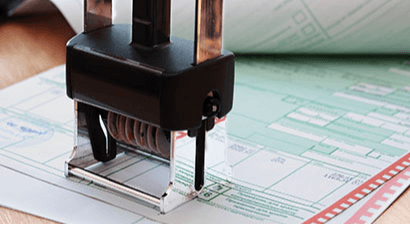SARS - THE DISCIPLINARIAN
The Customs & Excise Act 91 of 1964 (“the Act”) is a piece of legislation requiring self-regulation. This means that those who are licensed and / or registered with SARS are expected to know the contents of the Act and are expected to abide by the Act and its provisions. Ignorance of customs laws and procedures is no excuse!
Anyone who holds a customs and excise license and / or registration would have had to have signed the standard DA185 application form. When signing the form, the entity applying for a license or registration with SARS “undertakes to comply with customs and excise laws and procedures.” This means ALL customs and excise laws and procedures – the definition of which is contained in the Act.
When SARS conducts an audit of import and / or export documents of a licensed and / or registered entity, that entity cannot claim that it was not aware of the procedures or governing legislation. SARS will use the fact that the entity agreed to comply with the laws and procedures as a stick to beat the entity with. But be warned, SARS has been known to pursue entities which are not licensed or registered with it.
Many of the provisions in the Act require strict compliance. What this means is that fault is not required for SARS to hold an entity liable for a contravention. If, for example, an importer stores bonded cargo in a customs licensed warehouse, and the warehouse licensee allows a transporter, which is not licensed as a remover of goods in bond (“RIB”) to collect the cargo, both the importer and the warehouse licensee will be held liable by SARS for contravening the Act.
It's like playing cricket in the garden with your friends. The cricket ball is hit through a lounge window, and all the kids involved in the game get punished for the broken window. No one is spared. Not even the fielders.
This is why it is important for entities operating in the customs and excise space to familiarise themselves with the relevant laws and procedures and to ensure that their value chain partners do the same. Entities may find a measure of commercial protection in the terms and conditions agreed to by their value chain partners, but any agreements existing between the parties hold no water with SARS. SARS will pursue all the entities involved with the ferocity of a mother whose lounge window has just been smashed by a cricket ball.
We are here to assist. Just consider us your troubleshooting partner, another link in the value chain.





